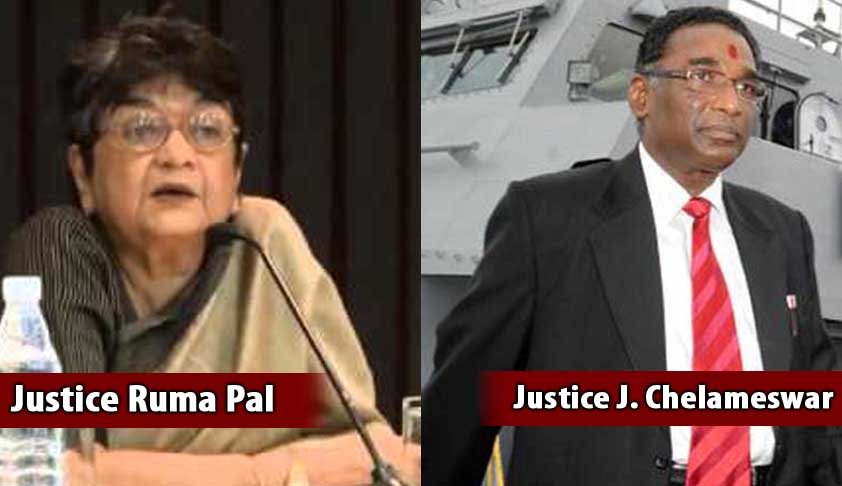Former Supreme Court judge Justice Ruma Pal recently expressed agreement with Justice Chelameswar’s insistence on the collegium making public its reasons for appointment of judges.“Justice Chelameswar is asking for nothing more than what was laid down in the Second Judges' Case (1993) that reasons for decisions to appoint need to be recorded. One reason the collegium was set up was to...

